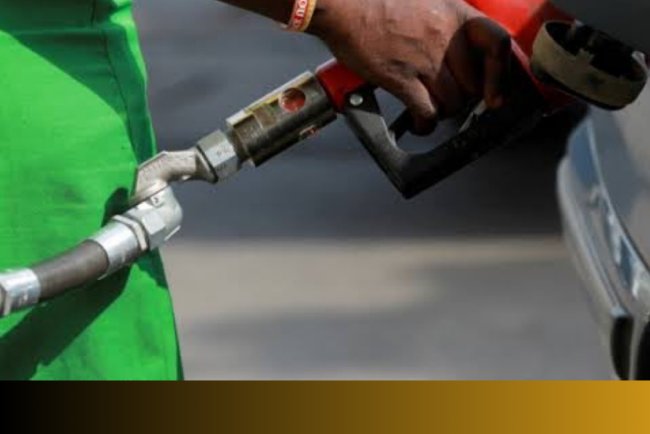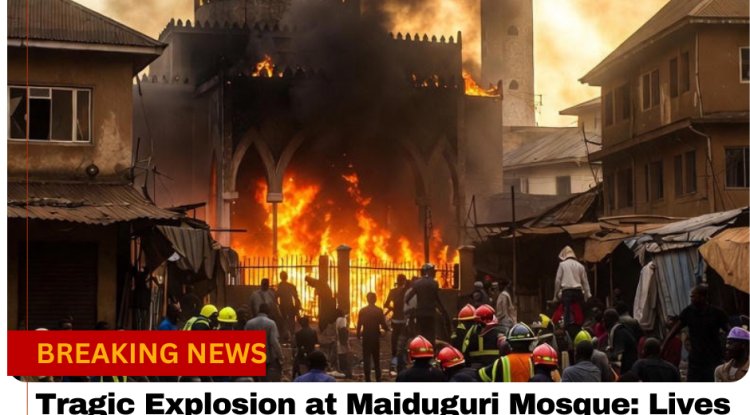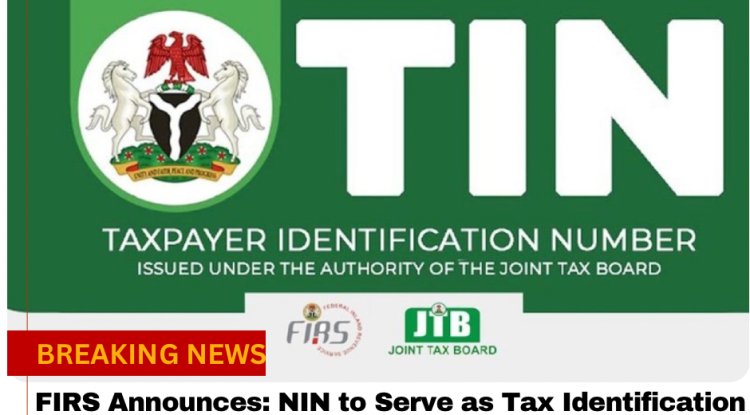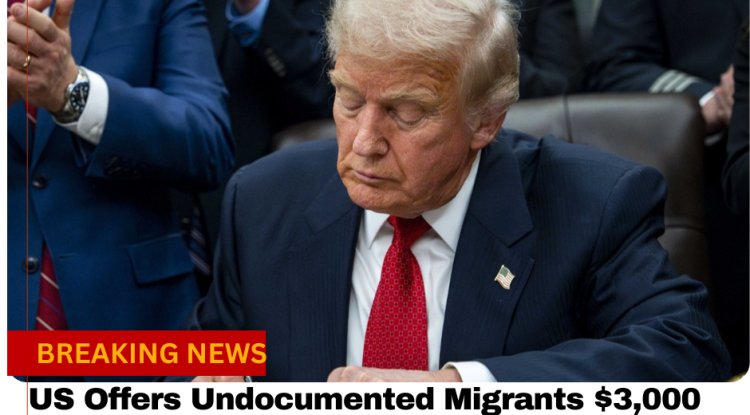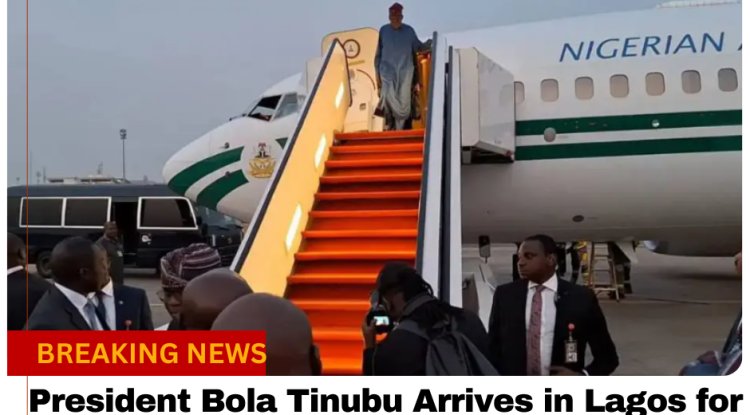US Embassy in Nigeria Pauses Social Media Amid Government Shutdown
The US Embassy in Nigeria has suspended routine social media updates due to the October 1, 2025, government shutdown over funding disputes. Visa and passport services continue, but Nigerians face uncertainty in accessing timely info amid global diplomatic pauses.
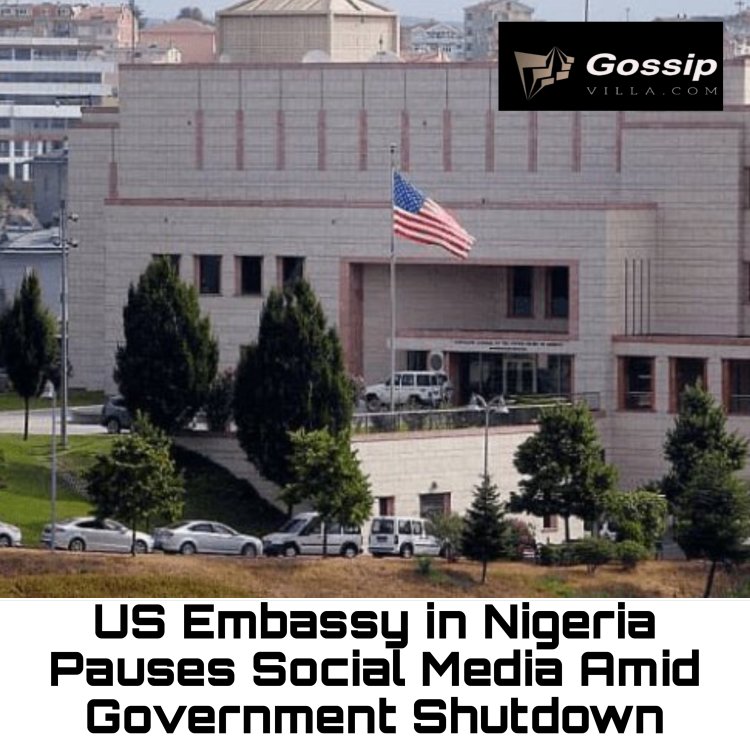
US Embassy in Nigeria Pauses Social Media Amid Government Shutdown
As the United States grapples with yet another government shutdown, the ripple effects are being felt far beyond its borders, including in Nigeria. The US Embassy in Abuja has announced a temporary suspension of routine social media updates, citing a “lapse in appropriations” due to the funding deadlock in Washington. This move, which mirrors actions at US diplomatic missions worldwide, has sparked concerns among Nigerians relying on these channels for visa information, travel advisories, and cultural updates.
The shutdown kicked off at midnight on October 1, 2025, after Congress failed to pass a budget or stopgap funding bill. Partisan clashes between Republicans and Democrats over spending priorities—exacerbated by President Donald Trump’s push for cuts to “Democrat things”—left federal operations in limbo. For the US Embassy in Nigeria, this means scaling back non-essential communications, but essential services remain intact.
The Announcement
In a post on its official X (formerly Twitter) account on October 1, the embassy stated: “At this time, scheduled passport and visa transit services in the United States and at U.S. Embassies and Consulates overseas will continue during the lapse in appropriations as the situation permits. We will not update this account until full operations resume, with the exception of urgent safety and security information.” Similar notices have gone out from embassies in the UK, Ghana, Bangladesh, and even Nairobi, Kenya, highlighting the shutdown’s worldwide footprint.
This isn’t the first time US embassies have hit the pause button on social media during a shutdown. The 2018-2019 closure, the longest in history at 35 days, saw similar quiet periods, forcing applicants to turn to outdated websites or phone lines for updates. For Nigeria, where over 10,000 student visas are issued annually and thousands more seek work or family reunification visas, the timing couldn’t be worse—coinciding with peak application seasons for US universities and holiday travel.
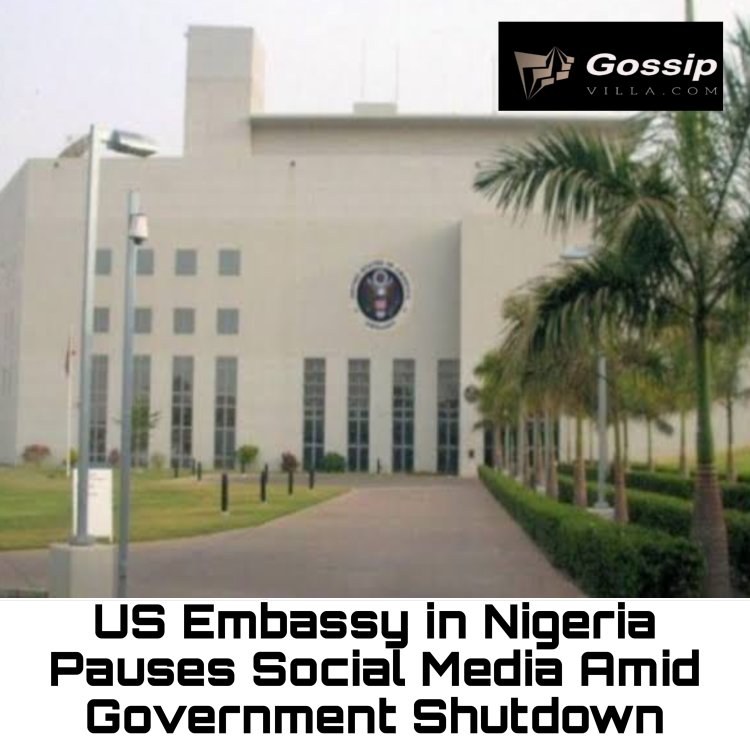
Why the Shutdown Happened
US government shutdowns occur when Congress doesn’t approve funding for federal agencies by the fiscal year’s end—in this case, September 30, 2025. The latest impasse stems from deep divisions: Republicans, backed by Trump, demanded deeper cuts to social programs and immigration funding, while Democrats pushed for protections on healthcare and education spending. A Republican-backed stopgap bill for seven weeks of funding failed in the House, sealing the fate of non-essential operations.
The impacts are stark. Up to 750,000 federal workers could be furloughed without pay, affecting everything from national parks to IRS processing. Essential services like the military, Social Security, food stamps, and air traffic control persist, but the human cost mounts quickly—families lose income, and small businesses tied to federal contracts suffer. Trump, in a defiant tone, suggested the pause could “get rid of a lot of things we didn’t want,” drawing sharp rebukes from Democrats who called it reckless governance.
Historically, the US has endured 21 shutdowns since 1976, totaling over 100 days of disruption. The 2018-2019 event alone cost the economy $11 billion, per the Congressional Budget Office, underscoring how these political standoffs bleed into real-world hardships.
What This Means for Nigerians
For everyday Nigerians, the embassy’s social media blackout means one less reliable source for timely info. The Lagos and Abuja consulates handle a surge in visa applications—over 300,000 nonimmigrant visas in 2024 alone—amid rising interest in US education and opportunities. Students prepping for fall semesters or professionals eyeing H-1B visas now face uncertainty, with many turning to the embassy’s website for status checks.
The good news? Consular services won’t grind to a halt. “Scheduled passport and visa services will continue as the situation permits,” the embassy assured, prioritizing emergencies like citizen evacuations or security alerts. In Nigeria, where US-Nigeria trade tops $10 billion yearly, the shutdown could indirectly hit remittances or business dealings if it drags on, though direct bilateral ties remain stable.
Experts like Dr. Aisha Bello, a US-Nigeria relations analyst at the Lagos-based Policy Innovation Centre, warn of broader implications: “This isn’t just about tweets—it’s a signal of US domestic instability that erodes trust in its global commitments, from aid to security partnerships in West Africa.” Indeed, US aid to Nigeria—$500 million in 2024 for health and development—could face delays if the shutdown persists.
Looking Ahead
Short shutdowns fizzle out in days with compromise bills, but history shows they can stretch weeks. With midterm elections looming and Trump’s influence in the GOP, pressure is mounting for a resolution. House Speaker Mike Johnson has called for “bipartisan talks,” but skepticism abounds.
For Nigerians, the advice is clear: Monitor the website religiously, prepare backups for appointments, and stay tuned for any security pings on social media. As one Lagos visa applicant told reporters, “We’ve waited months for slots already—another shutdown delay feels like salt in the wound.”
This episode reminds us how interconnected our worlds are. What starts as a Washington budget brawl ends up quieting voices in Abuja, testing patience on both sides of the Atlantic. Until funding flows again, the digital silence speaks volumes about the fragility of global diplomacy.
Sources:
• Newsweek
What's Your Reaction?







